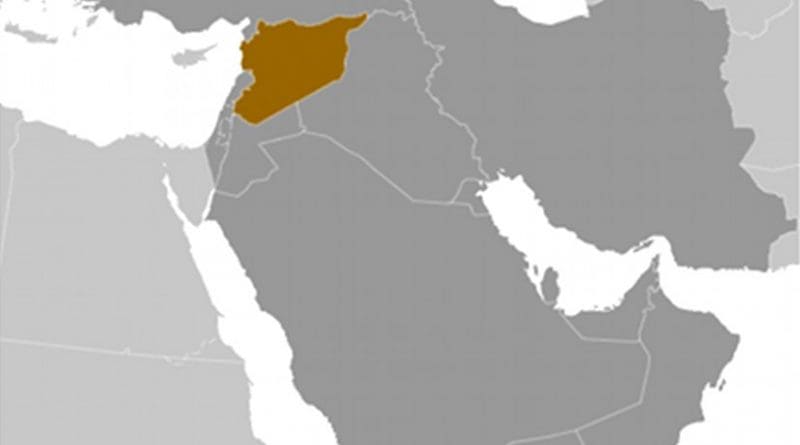Growing Russian Attention To Moscow’s Mercenaries In Syria Entails Real Dangers For Regime – OpEd
By Paul Goble
Three days ago, Aleksandr Kots, the military correspondent for Komsomolskaya Pravda, published a breakthrough article on something Russian officials have long sought to minimize or deny altogether – Moscow’s use of private military companies and soldiers of fortune in Syria (kp.ru/daily/26748/3777439/).
In the intervening period, that article has been republished and discussed in outlets across the country, a development that shows no signs of slowing and that entails real dangers for the Putin regime as Russians seek answers for the question Kots posed in the subtitle to his article, “What are Russian ‘soldiers of fortune’ fighting and dying for in the 21st century?”
That pattern reflects the fact that ever more incontrovertible evidence has surfaced about the capture of such Russian fighters and ever more reports of combat deaths have surfaced in regional media – but only occasionally in Moscow (themoscowtimes.com/news/russian-death-cert-reveals-real-syrian-casualty-count-59400).
On the one hand, Kots’ article seeks to place the Russian use of mercenaries in an international context – other countries are doing it so why shouldn’t Russia? – and stresses that Russia too can take advantage of the deniability that such forces gives governments and the ability of such forces to do things that regular militaries are not trained for or permitted.
But on the other hand, as the journalist acknowledges, there is an “ethical” side to this question. Why does Moscow need this deniability if its goals in Syria are as lofty as the Kremlin insists they are? And why if these fighters are doing Moscow’s will doesn’t the Russian government take responsibility for them when they are captured or killed?
And it is precisely questions like these, questions that the Kremlin certainly doesn’t want Russians to be asking in this electoral season, that makes the appearance of this article and its replication across Russia a potential problem for the regime. Indeed, the repeated publication of Kots’ words may say more about the actual level of support for Putin’s wars than any poll.

